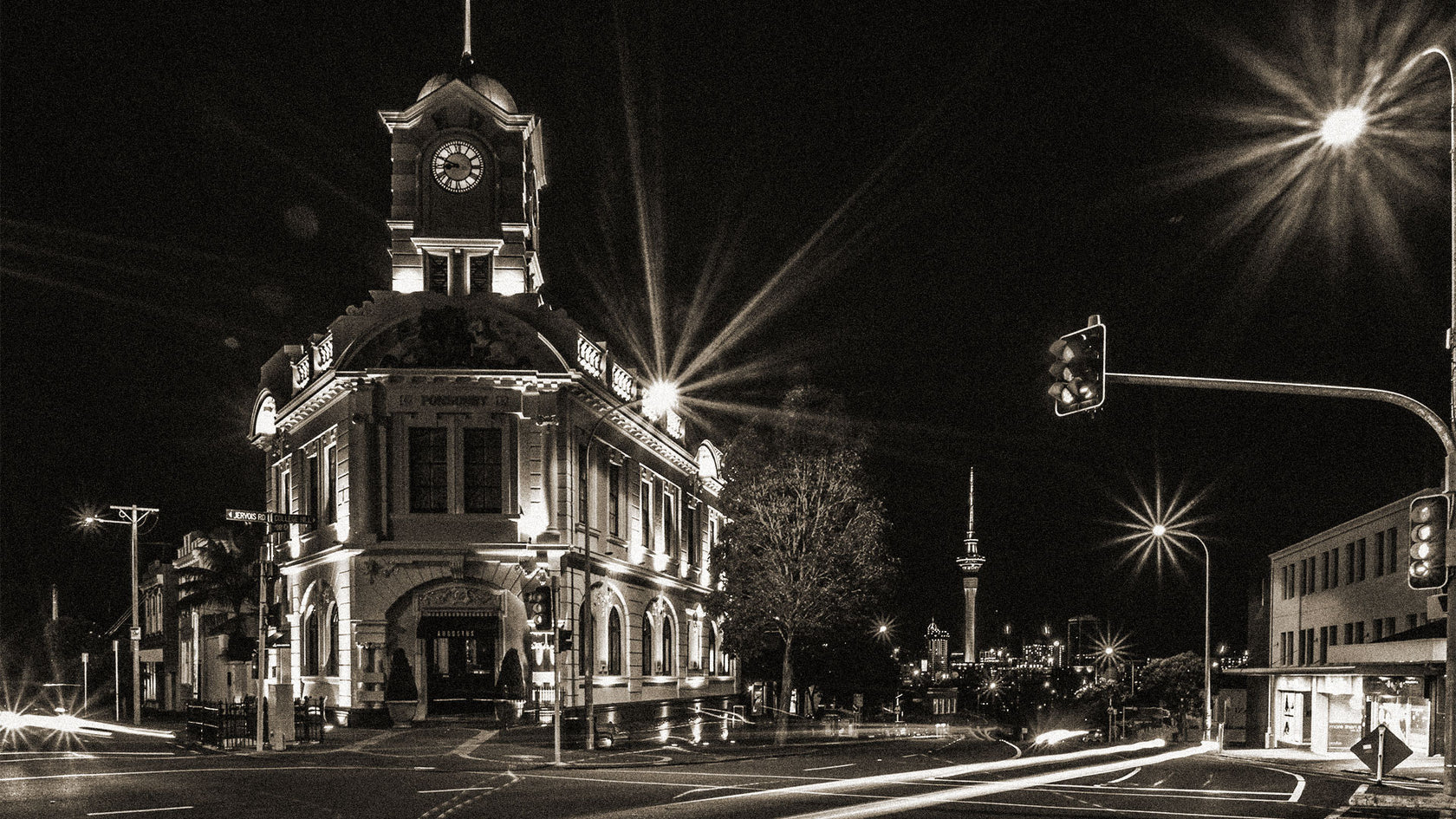New Zealanders under 50 are being diagnosed with bowel cancer too late, too often – and their voices reveal the human cost of delayed diagnosis.
A new nationwide report from Bowel Cancer New Zealand has laid bare the reality of bowel cancer for younger adults – revealing widespread gaps in awareness, late-stage diagnoses, and the personal and financial toll of treatment during life’s busiest years.
Bowel cancer is the second-deadliest cancer in New Zealand – and the leading cause of cancer death among people under 50. Every year, around 3,300 New Zealanders are diagnosed and 1,200 die from the disease. Yet when caught early, it’s more than 90% curable.
The Never Too Young Report brings together the experiences of over 350 New Zealanders diagnosed with bowel cancer under the age of 50. Their stories highlight an urgent need for earlier detection, fairer access to testing, and greater awareness among both the public and healthcare professionals.
Launched as part of Bowel Cancer New Zealand’s Never Too Young campaign this November, the report forms the centrepiece of a nationwide awareness drive to challenge misconceptions that bowel cancer only affects older people. Alongside the data, it amplifies the real stories of patients under 50 whose experiences have inspired a call for change.
Key findings include:
- Half of the respondents did not know the symptoms of bowel cancer before their diagnosis.
- Access to testing is inconsistent: 44.5% saw between two and five healthcare providers before being investigated, and 14% waited more than a year.
- Late diagnoses: even with prompt colonoscopy, people under 50 are more likely to be diagnosed at a later stage than older patients.
- 89% were working full- or part-time when diagnosed; 45% had to stop work temporarily (some later returning), and 52.5% were unable to continue working at the time of diagnosis.
- Two-thirds reported ongoing fatigue, anxiety and/or depression, and many described a negative impact on body image, fertility and relationships.
- If the national bowel-screening age were lowered to 45 years, one-third of respondents would have been eligible for screening – potentially leading to earlier detection and better outcomes.
“This report gives a voice to hundreds of New Zealanders who should never have had to fight this hard to be taken seriously,” says Peter Huskinson, Chief Executive of Bowel Cancer New Zealand.
“Too many were told they were ‘too young’ for bowel cancer – and by the time they were diagnosed, it was advanced.”
Huskinson says the findings show major change is urgently needed to raise awareness of bowel cancer symptoms and ensure people of all ages are taken seriously when they seek help.
For Kiwis in their 20s, 30s and 40s, bowel cancer is the number-one cause of cancer death, and rates here are growing faster than anywhere else in the world. But until now, their voices have gone unheard – and the approach to prevention, diagnosis and care has lagged far behind the standard we rightly expect for other cancers.
“Currently, New Zealand has no clear strategy to address the public-health emergency of early-onset bowel cancer. This report provides an opportunity to change that – if our health leaders, policymakers and politicians will listen and act. There are improvements needed at every stage of diagnosis and treatment, but first we must act to prevent and detect this disease earlier. Our clinically backed, costed plan to begin screening at 45, shared with the Government earlier this year, would detect six in ten early-onset bowel cancers before symptoms develop – at an earlier, more treatable stage.”
Professor Frank Frizelle, Bowel Cancer New Zealand Medical Advisor and author of the report foreword, says the findings underscore how urgent action is needed to address delays and inequities.
“Early-onset bowel cancer is not a statistical anomaly – it’s a growing public-health issue demanding an urgent and coordinated response,” says Frizelle. “The experiences shared in this report reveal the human cost of delayed diagnosis and the moral imperative for change. We can and must do better for younger New Zealanders.”
Bowel Cancer New Zealand is calling for evidence-based action to improve outcomes for younger people – increasing awareness of bowel cancer symptoms, lowering the national screening age from 60 to 45 years, and ensuring faster, fairer pathways to diagnosis for anyone with symptoms. The organisation also stresses the need to deepen understanding of Māori and Pasifika experiences, so that responses are equitable and reflect the needs of all communities.
“Early diagnosis saves lives,” says Huskinson. “By listening to the voices in this report, we can make earlier diagnosis the norm – not the exception.”
Methodology:
The Never Too Young Report is based on an online survey conducted by Bowel Cancer New Zealand between 5 September 2024 and 31 January 2025. The survey was open to people diagnosed with bowel cancer in New Zealand and was promoted through Bowel Cancer New Zealand’s website, social channels and partner networks. In total, 406 people took part, including 354 respondents diagnosed under the age of 50.
The Never Too Young Report is available at nevertooyoung.org.nz
#ponsonbynews #iloveponsonby #loveponsonby #auckland #aucklandshippestrip #onlyponsonby #ponsonbyroad #Greylynn #freemansbay #westmere #ponsonby #hernebay #stmarysbay #archhill #coxsbay @followers #followers @everyone #everyone #waitematalocalboard @highlight


